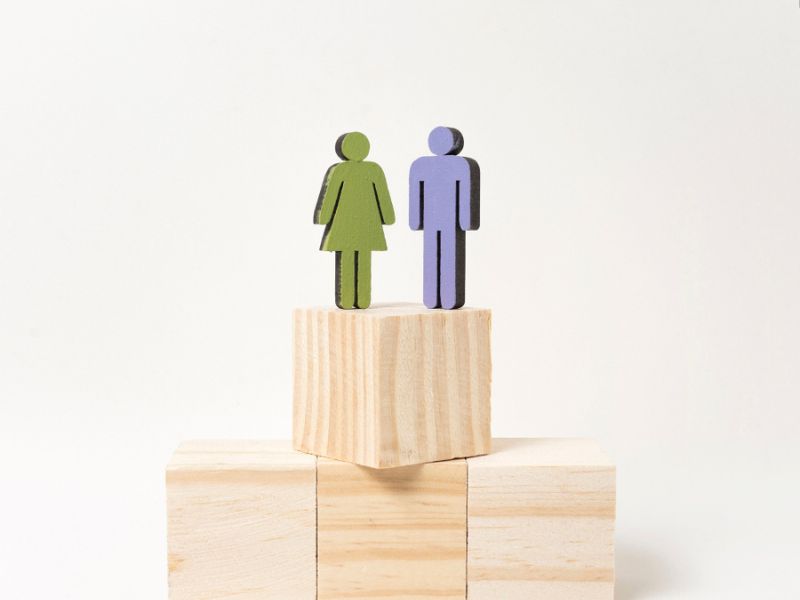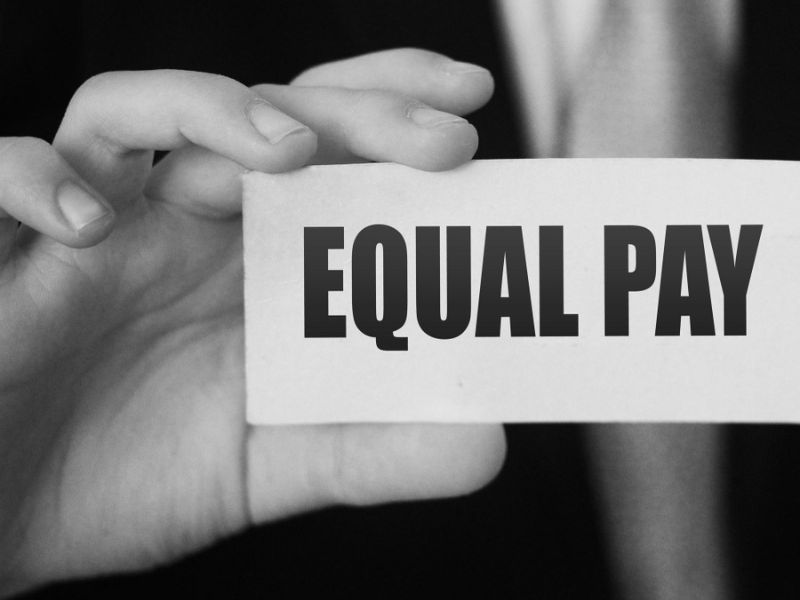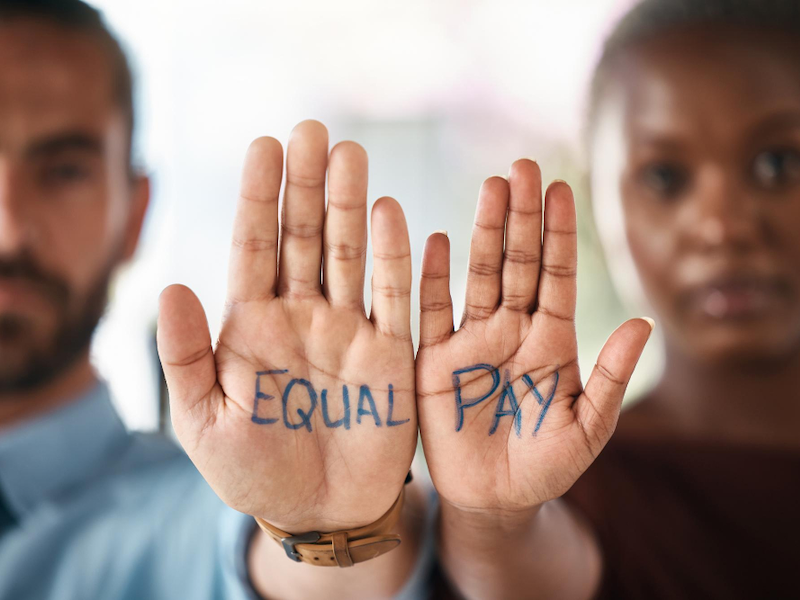Equal pay for equal work is “still a distant dream for many women”, according to new research released by The Fawcett Society.
Published today, the research shows that 60 per cent of women in workplaces across the UK either don’t know what their male colleagues earn, or believe they are earning less than men who are doing the same job.
The report is being released to mark Equal Pay Day – the day in the year when women effectively start to work for free – and suggests that unlawful pay discrimination may be more widespread than previously feared.
The survey asked women about male colleagues in the same role or a very similar role to them. Three in ten women polled said that they had no idea what any of their male colleagues were paid, leaving them unaware of possible discrimination. Shockingly, as we approach the fiftieth anniversary of the Equal Pay Act 1970, four in ten women who knew what their male counterparts earned reported that those men are paid more.
Just 40 per cent of working women said they know they are being paid the same as male colleagues doing the same or very similar work to them.
There is also concerning news for employers, with two thirds of women saying finding out they are paid less than male counterparts has a detrimental impact on how they feel about their job or their employer. This includes feeling less motivated and wanting to leave their job.
The personal cost to the women themselves is significant, with 42 per cent saying they felt undervalued and 38 per cent reported feeling angry and upset. Fewer than one in four said they understood the reasons they were paid less.
Fawcett’s new report ‘Why Women Need a Right to Know’ calls for a change in law to give women a “Right to Know” what a male colleague or colleagues earn if they suspect there is pay discrimination. The polling shows that eight in ten people support the change, saying they agree that a woman should be able to find out whether she is being paid less than a man for equal work. That includes three-quarters of men.
Speaking about the research, Sam Smethers, Fawcett Society Chief Executive, said, “Nearly fifty years on from the Equal Pay Act, equal pay for equal work is still a distant dream for many women.”
“Pay secrecy means women cannot know if they are being paid equally and fairly.”
“Even if they do suspect a man is earning more it is almost impossible to do anything about it.”
“This is why we are calling for a change in the law.”
“Women need an enforceable ‘Right to Know’ what their colleagues earn so that they can challenge unequal pay.”
“Men can help by simply telling their female colleagues what they earn.”
“It really is that simple.”
“This is about much more than money.”
“Women have told us they felt furious, devastated, exploited and undervalued.”
“Pay discrimination has a significant negative impact on how they feel about their employer.”
“A right to know will also reduce waste in the court system, and head off legal action by encouraging employers to settle cases before they get to court.”









